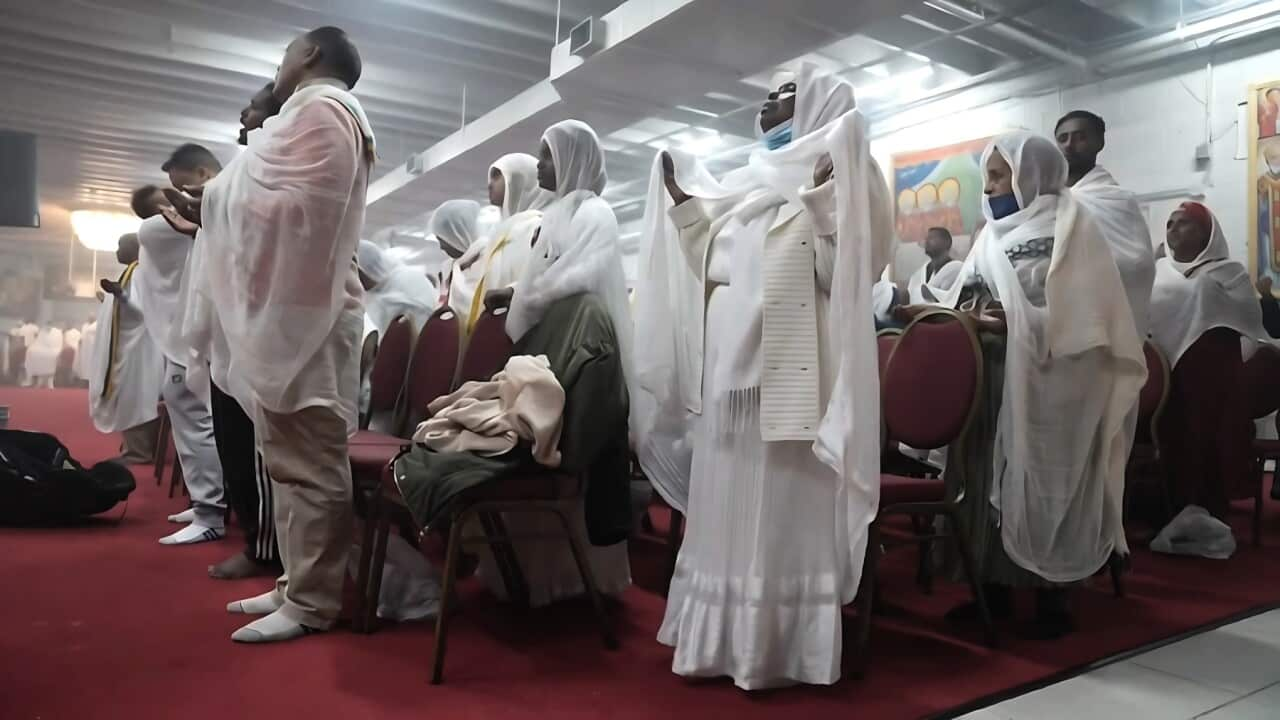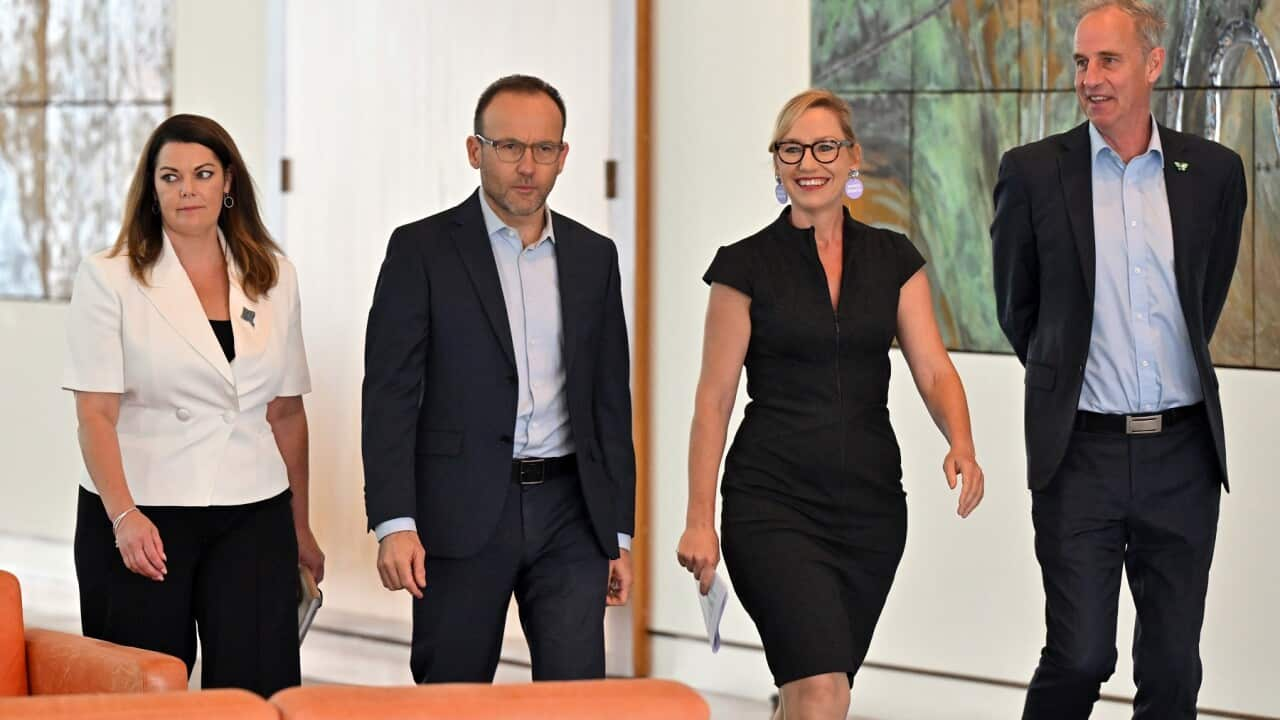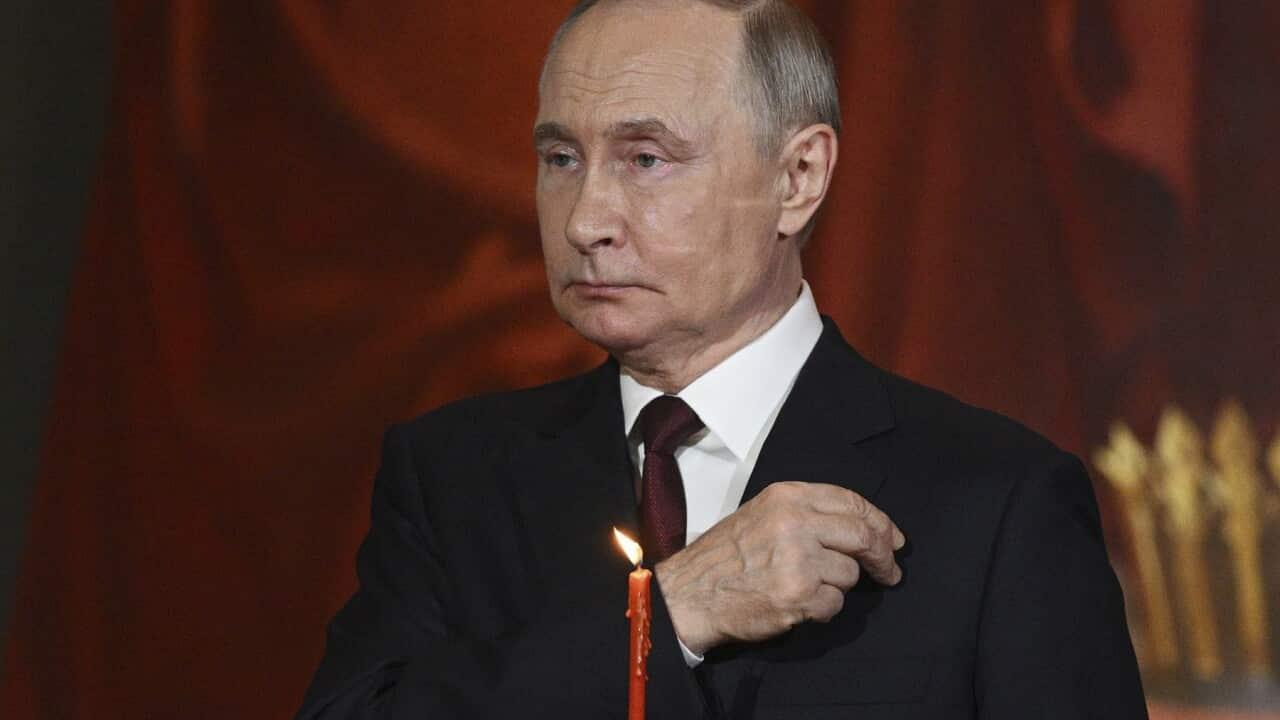TRANSCRIPT
New Delhi’s Chandni Chowk bazaar is a showcase of small businesses and street vendors.
With the government announcing major G-D-P growth of 8.2 per cent for the fiscal year that ended in March, India has cemented its position as the world’s fastest growing major economy.
But on the streets of the capital, most are still waiting to see the benefits.
Kailash Chandra Jain runs Chandi Chowk’s famous jalebi wala restaurant, selling jalebis and samosas that are considered among the best in India.
“Nation is doing well, government is doing well. But the common man and the poor are really struggling with inflation. Whatever people buy, they have to pay GST on top, be it toothpaste or a box of matches”
After leading India to the world’s fifth largest economy, prime minister Narendra Modi has promised to take the country into the top three, behind only the US and China.
But business owners told SBS News that government policies have hindered and not helped their bottom lines.
Munimji runs a wedding dress shop in Chandni Chowk’s main bazaar.
“What can consumers do? They don’t have money. Where is the money in the hands of consumers? They are under stress with loans”.
For many voters, basic bread and butter issues like jobs and cost of living were the only issues that mattered.
And while that’s true of any election anywhere in the world, in India it comes at a time when the national economy is outperforming even the government’s own high expectations.
Pushpendra Kumar Singh is Sociologist studying India’s economy.
“This is a symptom and a very serious symptom of growing inequality in this country. So rich are getting richer, poor are getting poorer. And they have to, just to arrest the kind of decline in their living standards. They have to work more actually. They have to self-exploit themselves.”
Narendra Modi’s record on helping the rural poor will also be tested, if he wins a third term.
The village of Jayapur, near Varanasi, was adopted by Mr Modi when he first came to power.
Ten years later, it has solar power, a bio-gas generator and a meeting space for the local women’s group.
Poonam is one of the group’s members.
“Earlier, we didn’t have anywhere to sit, now we have this room. Each house now has a toilet and water is available in each household. There are now many spinning wheels running here, women have got jobs to do”.
The village drew national attention when Mr Modi promised to turn it into a model example of rural development.
But problems persist. Locals say a toilet block built under the scheme had to be demolished due to lack of water.
And a dam where a government plaque proclaims water for all, had run completely dry.
Community leader Arvind Jij is a member of the RSS, a right-wing Hindu nationalist group, and a supporter of Narendra Modi.
He acknowledges Mr Modi could do more to help his adopted village, but says progress is being made.
“The co-existence between people has increased and its feels like we are heading to Rama Rajya (ideal Hindu society). There are no poor people, like in a Rama Rajya. That vision seems be materialising now”.
Complete results from India’s election will be released on Tuesday.













